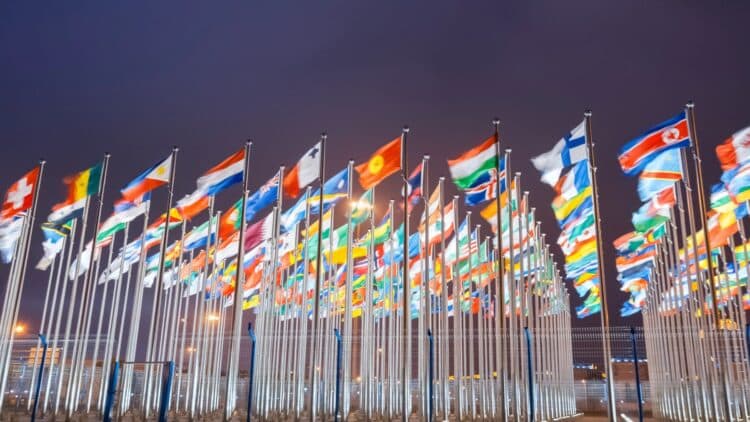The European Union brings unprecedented open debate on a science diplomacy framework, as globalization brings foreign competitors to seed a strategic race in technologies that is strategic. Brussels flings open its gates for stakeholder inputs to justify Europe’s place in rapidly changing geopolitical times, when scientific cooperation increasingly dictates international influence as well as economic power.
The Manner Europe Manages Climbing Science Diplomatic Needs
The European Commission is also conscious that science diplomacy is not seconded with EU-level fine strategic documentation as of now, which widens gaps in a highly competitive world environment. Some policies touch on science diplomacy superficially without any coherent framework that can nimblily coordinate European initiatives both within member-states as well as within institutions. Incompetency with common guidelines escalates the multiplicity of fragmented initiatives, which obscure the Union’s overall stand in international platforms to its strategic competitors.
Brussels undertook this public consultation as part of delimiting the scope, intention of the future European science diplomacy framework and devising a Council recommendation in early 2026. The exercise is a follow-up on the March 2025 European Research Area subgroup opinion that indicated political formal approval of such a framework through Council recommendation methods through proper channels.
Primary consultation priorities are:
- Promoting science diplomacy efforts throughout Europe
- Strategic Beta falls on foreign benchmark rigs
- Synergy increases with the efforts of the member states
Why do international actors rush to establish a fast-track framework
The international rivalries that are increasingly employing science diplomacy are more aggressively on a single track rather than a diversely divided national approach that is left to Europe alone to retaliate with concerted efforts, as opposed to diversely divided national efforts. The rapidly changing geopolitical as well as scientific-technical landscape brings with it new challenges that call for concerted European action to gain a competitive edge in international research collaborations.
Consultative date November 3, 2025, betrays a sense of timeliness in defying such competitive pressures lest these drain even more the European scientific voice from the planet. Particularly fascinating is that when science diplomacy is presented as its ultimate instrument for achieving technological sovereignty, offered up by the EU when it is set up as rivaling nations already weaponizing scientific cooperation within a geopolitical device that it smells of desperation.
Consultative drivers of strategic competition:
- Global Tech Nationalism Rising
- Weaponization of research collaborations against competitors
- Relevance of protecting European scientific autonomy
What implementers can expect from beneficiaries
The Commission invites general stakeholder feedback on behalf of the Council’s proposal of a European approach to science diplomacy via the official consultative website. Contributors can present evidence on the challenge of inadequate coordination, strategic deficiencies, along solutions for improved European science diplomacy performance from foreign competitors. Stakeholder engagement is a valuable opportunity for both research societies, colleges/universities, private enterprises, as well as civil society to shape the European scientific diplomacy strategy.
The consultation process allows diverse perspectives to inform framework development, ensuring a comprehensive approach that addresses real-world challenges facing European science diplomacy practitioners. Contributors can highlight specific areas where better coordination would strengthen the European position against strategic competitors using science diplomacy more effectively.
“The Strategy aims to increase science diplomacy efforts’ coherence and interlinkages in Europe based on an EU-wide approach” – European Commission
Horizon prospects of EU competitiveness hopes
The subsequent Council recommendation will make official political legitimacy of the European framework of science diplomacy with strategic direction for member states and establishments with increased international competition in techno progression and scientific cooperation. The Science Diplomacy Council of Europe is a defining point for its continental scientific influence with counter-strategic rivalries.
As globalization escalates international competitors’ research collaboration weaponization in geopolitics, European collaboration is paramount for maintaining technological suzerainty while maintaining its competitive advantage. The November deadline is approaching very fast, so stakeholder engagement is critical in devising a successful framework.


